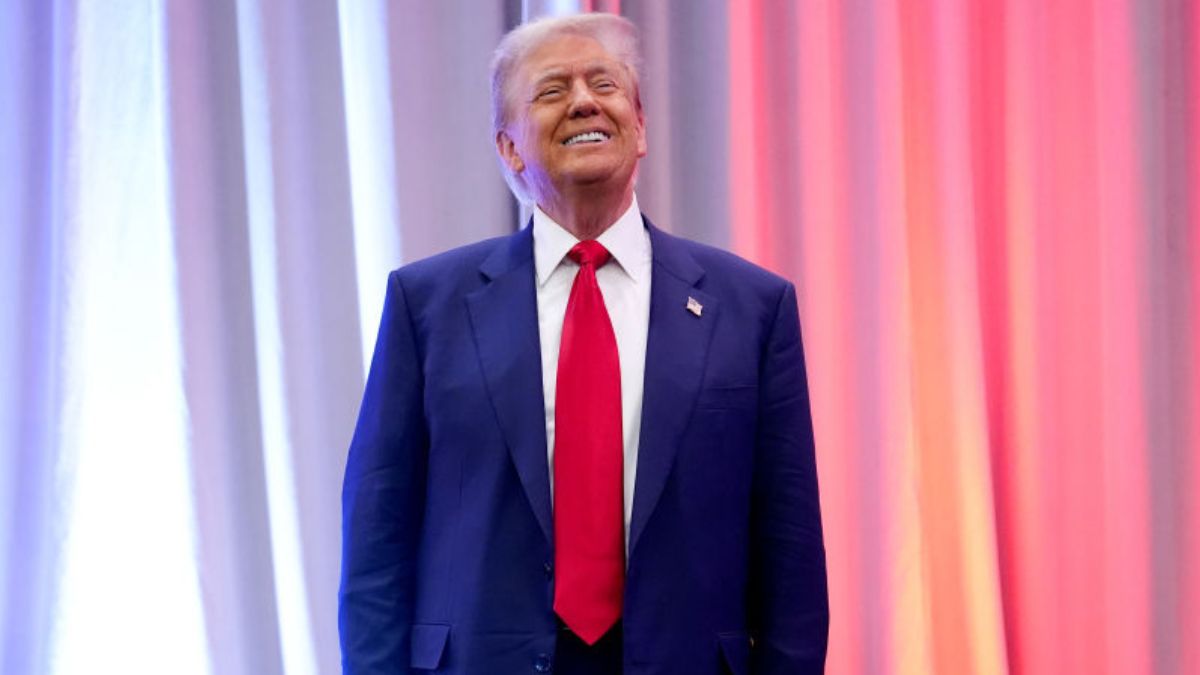‘Flawed from the very beginning’: Trump’s lawyers beg for hush money sentencing to be stopped

A New York City judge has upheld the conviction that has put Donald Trump on track to be the first ever felon to become President of the United States, and now Trump’s lawyers are trying to stop it from becoming official.
After months of deliberation, New York State Supreme Court Justice Juan Merchan ruled that Trump’s conviction in his hush-money trail should not be vacated. The decision comes on the heels of a pitched legal battle between the state prosecution and Trump’s defense team, who attempted to argue that Trump’s conviction should be overturned on grounds of presidential immunity granted to him by a landmark Supreme Court case.
Trump’s attorneys, Todd Blanche and Emil Bove filed a motion to stop Trump’s sentencing, writing that the the legal proceedings against their client were ” “flawed from the very beginning,” and stemmed from the “wrongful actions and false claims of a disgraced, disbarred serial-liar attorney” who was attempting to violate Trump’s rights as part of a political hit job. The attorney in question is Alvin Bragg, the District Attorney for Manhattan. Bragg since filed a motion to oppose the request.
While Merchan has indeed ruled that Trump’s conviction should stand, he has expressed his reticence to pursue a punitive sentence toward Trump. Instead, Merchan has said he would rather serve Trump an “unconditional discharge” for a sentence in lieu of probation or jail-time. The only consequence that Trump would suffer is that his status as a convicted felon would be made official.
Trump’s lawyers write that Merchan can’t do that. In their motion, Blanche and Bove argue that Merchan “will lack authority to proceed with sentencing” due to the fact that Trump is in the middle of appealing a ruling that the Supreme Court’s president immunity decision does not apply to the hush-money case. Merchan previously ruled against the motion that Trump was immune from the conviction due to the Supreme Court decision that prohibits prosecuting presidents for official acts during their time in office, writing that Trump’s hush-money payment conviction related “entirely to unofficial conduct.”
Merchan’s ruling to sentence the president-elect was not made lightly. Trump was supposed to be convicted in July of 2024, but Merchan pushed back the sentencing date on multiple occasions in order to allow Trump’s lawyers time to appeal the decision. “Mr. Trump, it’s important for you to understand, the last thing I want to do is put you in jail” Merchan said during the court proceedings. “You are the former president of the United States and possibly the next president as well.”
With regard to Trump’s numerous appeals and motions to avoid sentencing, the prosecution has said that enough is enough. In its motion to oppose Trump’s request to stave off sentencing, the Manhattan district attorney’s office wrote that the court has already “bent over backwards” to hear out Trump’s claims for presidential immunity. Bragg’s office also wrote that Trump’s sentencing would not hinder Trump’s official duties as president, as they are “duties he does not possess before January 20, 2025.” As the president-elect, Trump is “by definition” not able to claim the immunity he would enjoy as a sitting president, and therefore liable to be sentenced like any other private citizen of the United States, concludes the District Attorney’s argument.
If sentenced, Trump’s unconditional discharge would be nothing more than a toothless technicality that lacks any punitive consequences. He won’t go to jail. He won’t get probation. It’s nothing but a spot on Trump’s record and a footnote in the history books, noting that he will be the first ever felon President.
Have a tip we should know? tips@themarysue.com